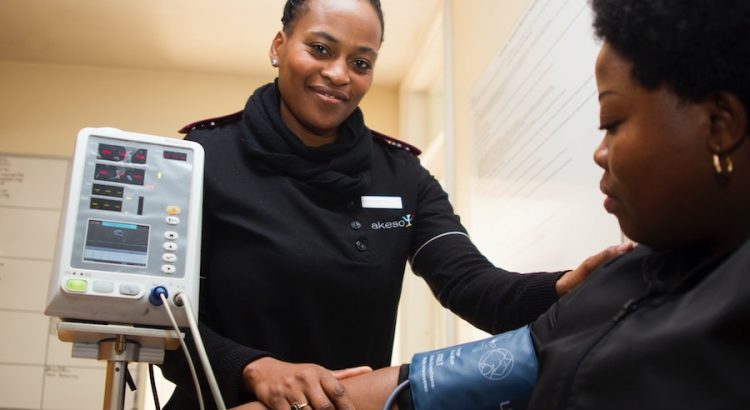Podcast: Play in new window | Download
Subscribe: Spotify | Email | TuneIn | RSS
This week, we dig into the mailbag to answer your questions!
What’s in a Name?
We start with an email from Tegner about what happens when your department changes its name before you even begin your trainining:
I have recently been admitted and have accepted admission to a PhD program in “Immunology and Infectious Disease.” The only issue is that upon talking with the department about classes for my first semester it seems that they have just recently merged my program with the Microbiology PhD program and [the program I applied to] doesn’t really exist anymore.
I was wondering: is this common? Have other people been admitted to programs that don’t exist anymore?
We certainly HAVE seen this before, and usually it’s not a big deal. Departments and programs change names all the time, and it shouldn’t have much of an impact on your experience, nor on your long-term prospects.
Most postdocs positions and hiring committees care about your research papers and recommendations, not so much about the words at the bottom of your diploma.
Avoiding Comparisons
Next up, Jessica asks:
I joined a lab at the same time as another first-year student in my program. I would really appreciate advice on “How to not let your thoughts run rampant with comparison in your lab”. I feel like he has more experience than me in a lot of research areas related to the lab. I know no one wins in the comparison game so any insights you have about how avoid it would be great!
Well, Jessica, you’re not the only one to experience this – we did too! And I’d wager most people do at some point in their careers.
It’s a symptom of “Impostor Syndrome,” which we like to talk about a lot because talking about it is one of the few ways to make it better.
To the specific question on how to avoid this comparative self talk, we turned to an article by Susan Biali Haas M.D. titled “How to Stop Comparing Yourself to Others”.
Dr. Haas’s article focuses on the comparisons we make when perusing social media and how that can affect our mood. But the advice is useful in this context as well.
For example, Dr. Haas recommends becoming aware of the events and triggers that lead you down the comparison rabbit hole. The more you can be aware of those traps, the more you can avoid them.
Josh recommends looking back on your own growth in order to appreciate just how far you’ve advanced compared to where you began. That self-comparison can help you acknowledge your own evolution over time.
Clinical Experience for Bench Scientists
And last, but not least, Francesc is noticing an internal drive to work with patients, not just samples at a lab bench.
I am a 3rd year PhD student working in a project about cancer but I feel that research is not my vocation. Intsead, I think that my real passion would be to work directly with patients. What options do I have??
I have done quite a lot of research but I find it really difficult to come across anything directly related with patients having a PhD.
We recommend first finding some volunteer opportunities where you would get to work with patients to find out first-hand whether it’s what you want to do.
Some students with similar aspirations get what they need from translational research where they get to meet the patients they’re helping, and maybe collect and process samples.
If you find you really want that hands-on medical experience, your best bet is to explore the MD, RN, or other clinical training options, as a PhD on its own is likely to limit your patient contact.
That’s a wrap! We’ll close up the mailbag until next time, and keep sipping on this S’Mores Yeti Imperial Stout from Great Divide Brewing in Denver, CO!

